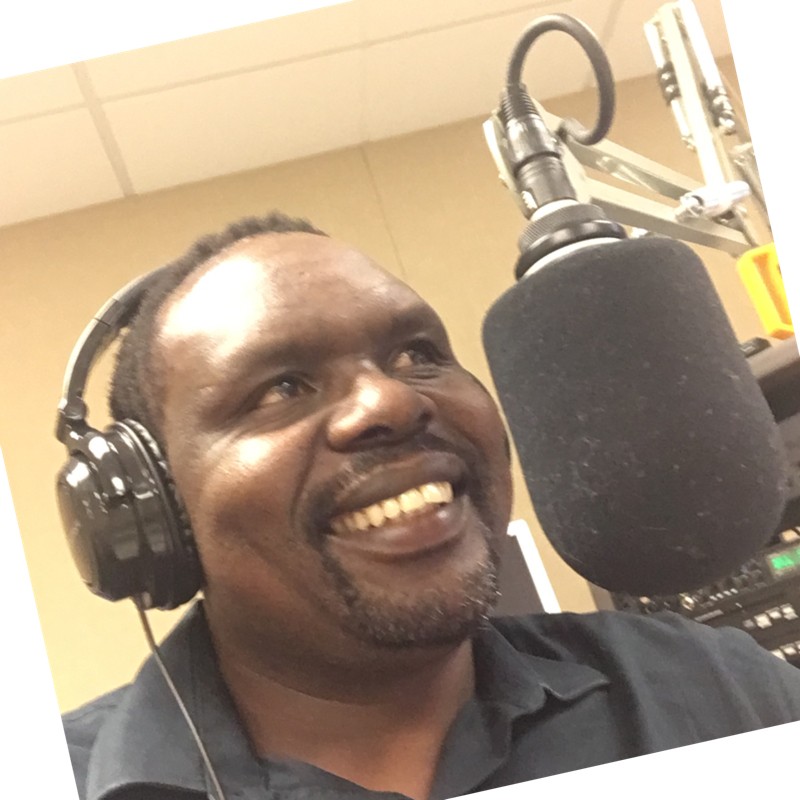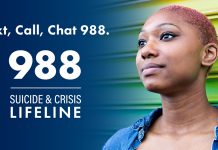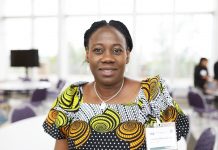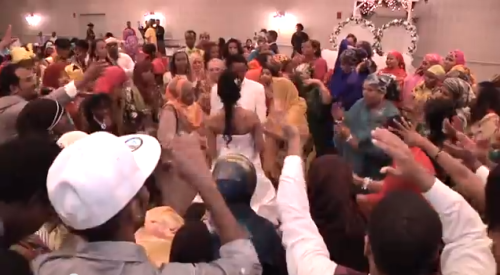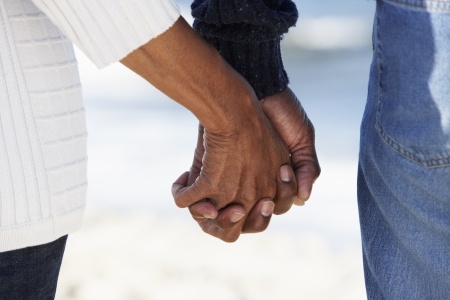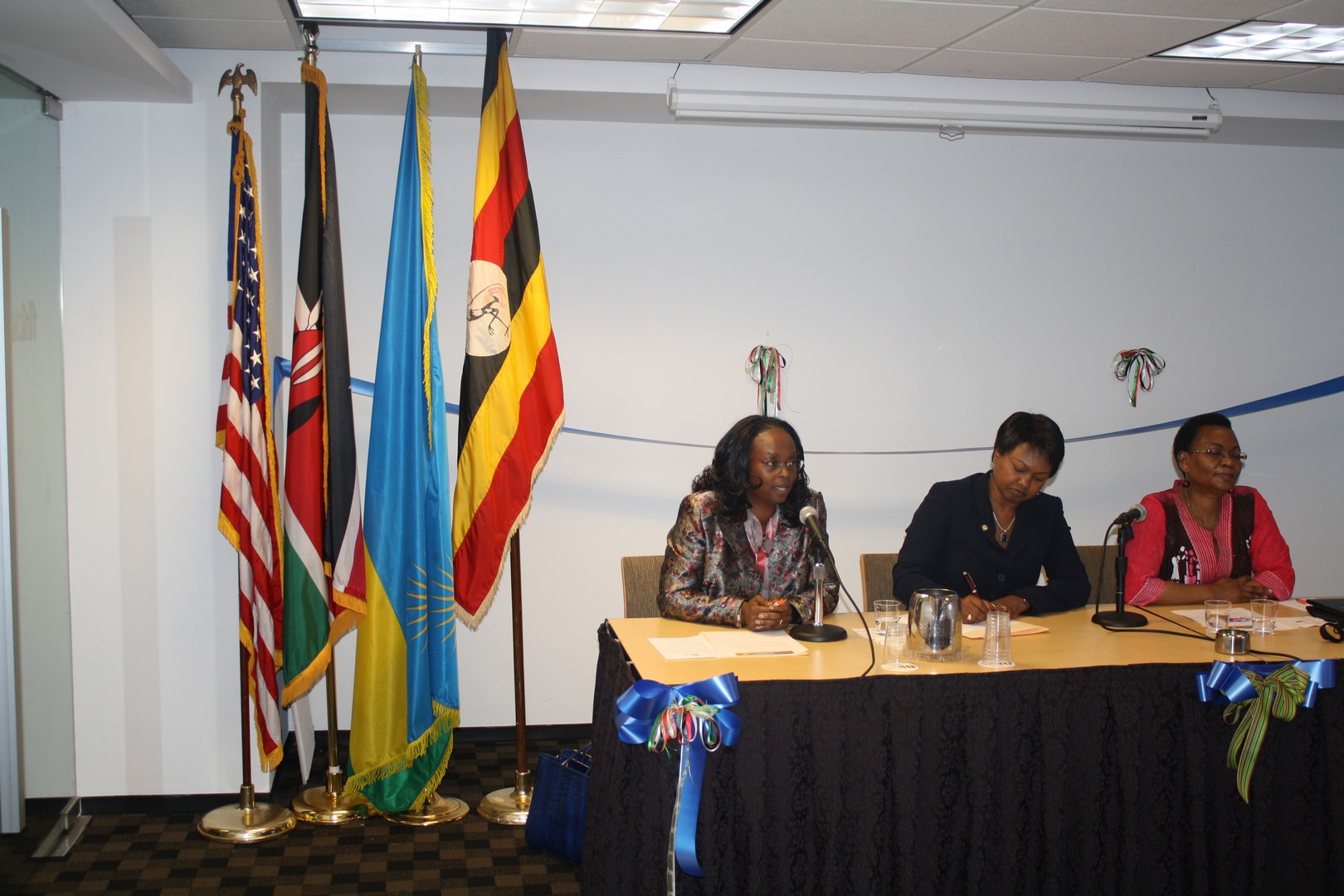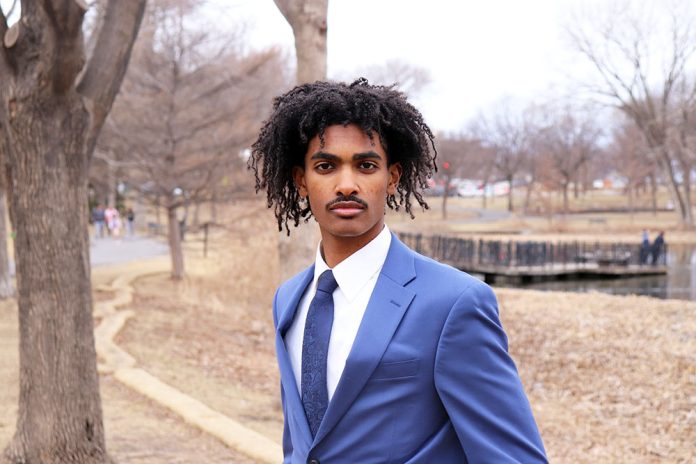

Joshua Negussie isn’t an immigrant, but he has one of the most remarkable immigrant stories. His is the quintessential story of an American-born child of Black African immigrants struggling to reconcile the culture of his parents with that of his country of birth. But the pressure to balance the two nearly came to a tragic end twice, when he tried to take his own life. He was only 14 when he first tried to kill himself.
“I was somebody who went through the entire school system here in the Minneapolis Twin Cities area, and I experienced firsthand what it’s like to go through suicidal ideation,” said Negussie, who is now 21 years old and openly shares his experience to give other youths hope.
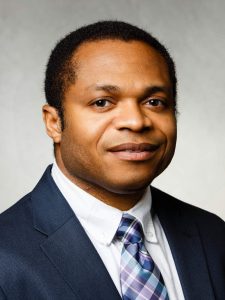
Unfortunately, Negussie’s story isn’t unique, according to the public health professionals, scholars, community leaders and government officials, who gathered recently at Embassy Suites in Brooklyn Center for a two-hour brainstorming session. Known as the “Stakeholders Consultative Meeting on Youth Suicide Prevention,” its goal was to come up with ways to prevent suicides among Black African immigrants and refugee youth, who they said were taking their own lives at an alarming rate.
“The trend is upward,” said Dr. Kingsley Chigbu, an associate professor of social work at the University of St. Thomas, who was the keynote speaker.
Chigbu, whose expertise and research interests include prevention and treatment of mental illness, said last year there were 26 documented suicide cases of young people from Black African immigrant and refugee communities in Minnesota. The problem, he said, called for the community to come together urgently to find ways to reduce the number of suicides among its youth.
“That’s why we’re here,” Chigbu said. “How do we solve it? Anybody know how we can reduce it by at least to 20 percent in the next year?”
Suicide is the 11th leading cause of death in the United States, according to the Centers for Disease Control and Prevention (CDC). Data from 2022, the latest, shows that 49,476 people took their own lives, a number nearly twice that of homicides, which stood at 24,849. Death by suicide was ranked much higher among people under 34. It was the second leading cause of death for the age groups of 10-14 and 25-34, and the third for individuals aged 15-24, CDC data shows.
The population of residents of Minnesota who were born in Africa is about 141,000, according to a Migration Policy Institute tabulation of data from the 2023 U.S. Census Bureau’s American Community Survey. That suggests that 26 cases of suicide for the African community is more than the average national suicide rate, which was 14.2 per 100,000 people in 2022, according to the National Institute of Mental Health.
Chigbu said the number of young people who committed suicide last year could be even much higher because cases from the African immigrant and refugee community often get underreported.
Specific research about African immigrants is hard to come by because they often get classified with African Americans, who, although similar in culture, lack the unique immigrant and refugee experience. One of the meeting’s organizers, Dr. Tolulope Monisola Ola, the founder of Restoration for All Inc., a St. Paul-based nonprofit that offers multiple services to African immigrants, said that for there to be reliable data, it was important for policymakers to start making a distinction between U.S.-born Blacks and immigrants.
“I know I’m a Black African immigrant and refugee,” Ola said. “Are we asking for too much if we say we want to be addressed as that?”
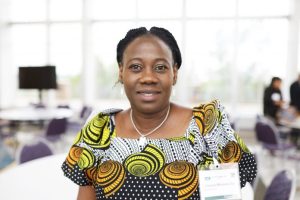
Ola said making the distinction would acknowledge the role immigration status plays in one’s mental health, because being an immigrant or refugee can be a risk factor for suicide, especially when immigration policies change. The risk of suicide can also be higher for those who come to the United States as children, or children born to immigrant parents.
“Some of the things we’ve been saying is that all these youths are confused and frustrated about their identity,” Ola said. “They don’t know who they are. We discovered using that umbrella term [Black] – not considering their lived experiences of the pre-migration and the post-migration factors – becomes traumatic for them.”
Identity becomes an even riskier factor when immigrant children and children of recent immigrants go to school. They are often bullied by peers because of their accents and looks, Ola said. She talked about holding a panel of children of African immigrants, which included her own daughter, to try gauge how they were doing.
“I was shocked when she was talking,” Ola said. “She said, ‘I need to be somebody else at home, and I need to be someone else at school just because [I] want to fit in.’ How difficult [it must] be for these kids!”
Negussie said he understood what children struggling with identity issues go through. He is the youngest child of Ethiopian immigrants. He is also the only one of his siblings born in the United States. That fact alone made him feel different at home. And throughout his schooling in the Twin Cities, he said he often felt confused and pressured to change his identity.
“I know firsthand what these kids are going through.” Negussie said. “They are going through the feeling of unworthiness, lack of self-worth, lack of belonging, and having to wear different masks when they’re at home and when they’re at school – to have to constantly change identities just to assimilate into their environment to feel safe.”
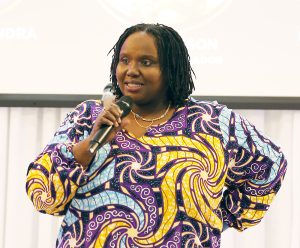
Veronica Rotich is the founder and executive director of Minnesota African Youth Initiative. In 2016, she founded the organization under the name Minnesota Women & Youth Resource Center but changed its name and mission to focus on youth, who she said needed more help. After years of working with young people, she said learned that the issue of youth suicide could not be tackled without looking at the indirect role parents play.
“The way it works in Africa is that mother rules,” Rotich said. “Whatever my mom says goes. It doesn’t matter. There are no ifs or buts.”
When children get to America, however, and are taught in schools that they should ask questions, and that adults should give reasons behind the decisions they make, it can lead to conflicts between parents and their children, said Rotich, who came to the United States from Kenya when she was 19 years old.
“So, what happens is that families don’t know how to discipline the kids without hitting,” Rotich said. “[Now] you have parents who are frustrated.”
There are efforts to advise African immigrant and refugee parents on how to have healthy relationships with their children in the United States, said Henry N. Momanyi. He is the founder and CEO of Ghands Inc., an organization that provides resources to help African immigrant communities to successfully adjust to life in the United States without losing their cultural heritage. Momanyi said that his organization started doing outreach to parents when he realized that his Kenyan community had lost 17 young people to suicide.
“And those are just the ones we know about,” Momanyi said. “People don’t always come out about suicide because of the stigma.”

Momanyi said Ghands Inc., started working with partners to offer parents basic training on how to spot behaviors that are likely to lead to a child committing suicide. The also began partnering with religious leaders because parents and young people often trust them.
“I think we are making a difference,” he said.
Negussie, agreed that working parents was a critical step in intervention because it is important to listen to them and hear how their experiences as immigrants coming trying to settle in a new country affects their parenting.
“What I mean is really dissecting each particular player or factor in the situation we’re talking about right now, which is suicide prevention, and talking to the parents to understand why they’re not creating a safe space for their children.”
About Edwin Okong'o - Mshale Contributing Editor
Edwin Okong'o is a Mshale Contributing Editor. Formerly he was the newspaper's editor.

